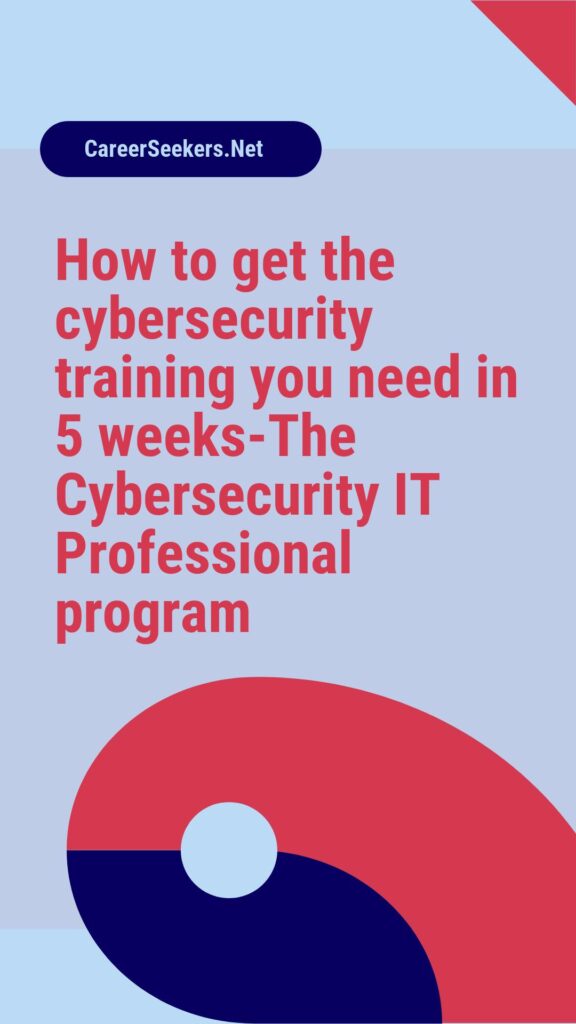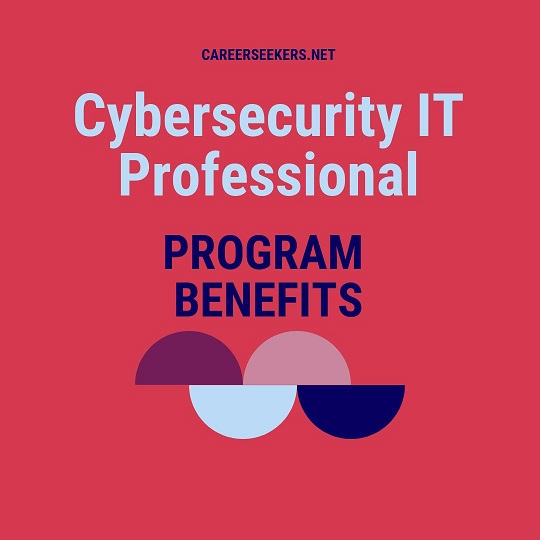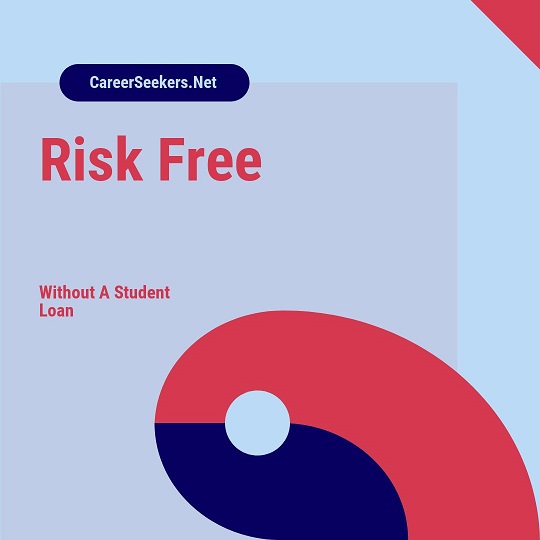Frequently asked questions
Most frequent questions and answers
Why Cybersecurity?
The number of cybersecurity jobs has increased by 94% over the last six years. If you are interested in a career that is constantly evolving and changing, this is the time to start a career as a cybersecurity professional. Cybersecurity is a growing industry with a lot of different jobs that offer ample opportunity for career growth. Cyberseek says there are almost 500k job openings. For example, the Tampa / St.Petersburg/ Clearwater job market has over 6,000 open positions. Cybersecurity professionals are always in high demand.
Which should you get for cybersecurity-A degree or Certifications?
A cybersecurity degree costs more than a certification and takes longer. Although the degree gives you a broad understanding that can be used in many industries, it does not have as many hands-on skills.
A certification shows that you are able to demonstrate the skills employers require. The law also requires you to have the right certification (see above). This is why 70% of cybersecurity workers believe that certifications are essential for their professional development. only 10% said a bachelor’s degree and 5% said a master’s degree.
What is the Average Income in Cybersecurity?
On February 20, 2019, the average salary for cybersecurity professionals was $112974 in the United States. The average cybersecurity salary ranges between $65,000 (25%%) and $145,000 (15%). (75th%) Entry-level roles typically have lower wages but offer more opportunities for growth and responsibility.
How can I get trained in just 5 weeks?
Microsoft and the Computing Technology Industry Association are globally respected industry leaders. The Cyber Security IT Pro program curriculum and hands on labs were developed by Microsoft and CompTIA and is designed to be able to be completed in five weeks (or ten weeks if you choose evening classes).
How Can I Get Hired in Cybersecurity Even Without a Degree?
CompTIA Cybersecurity+ and CompTIA Net+ are two of the most important certifications that you’ll need, if you’re new to cybersecurity. Here’s why: A little-known regulation by the government is DOD-8570. (Technically, it has been updated to DOD-8140, but that uses the old DOD-8570 chart). You must hold at least one certification if you’re in a situation where sensitive government data might be available to you. Typically the minimum asked for is CompTIA Security+. This certification is required by even companies that are not going to work with the government. If you get these certifications, the demand for your skills is very strong and you should have no problem getting placed.
How do I get started with your cybersecurity training program?
First, let’s find out if you are eligible for a WIOA Grant. This grant can cover the cost of this (yes, it might be free if you qualify!) Call now or book an appointment for us to call you.









